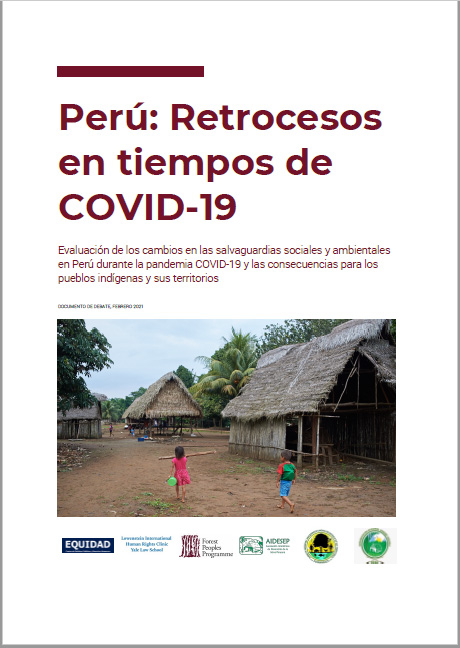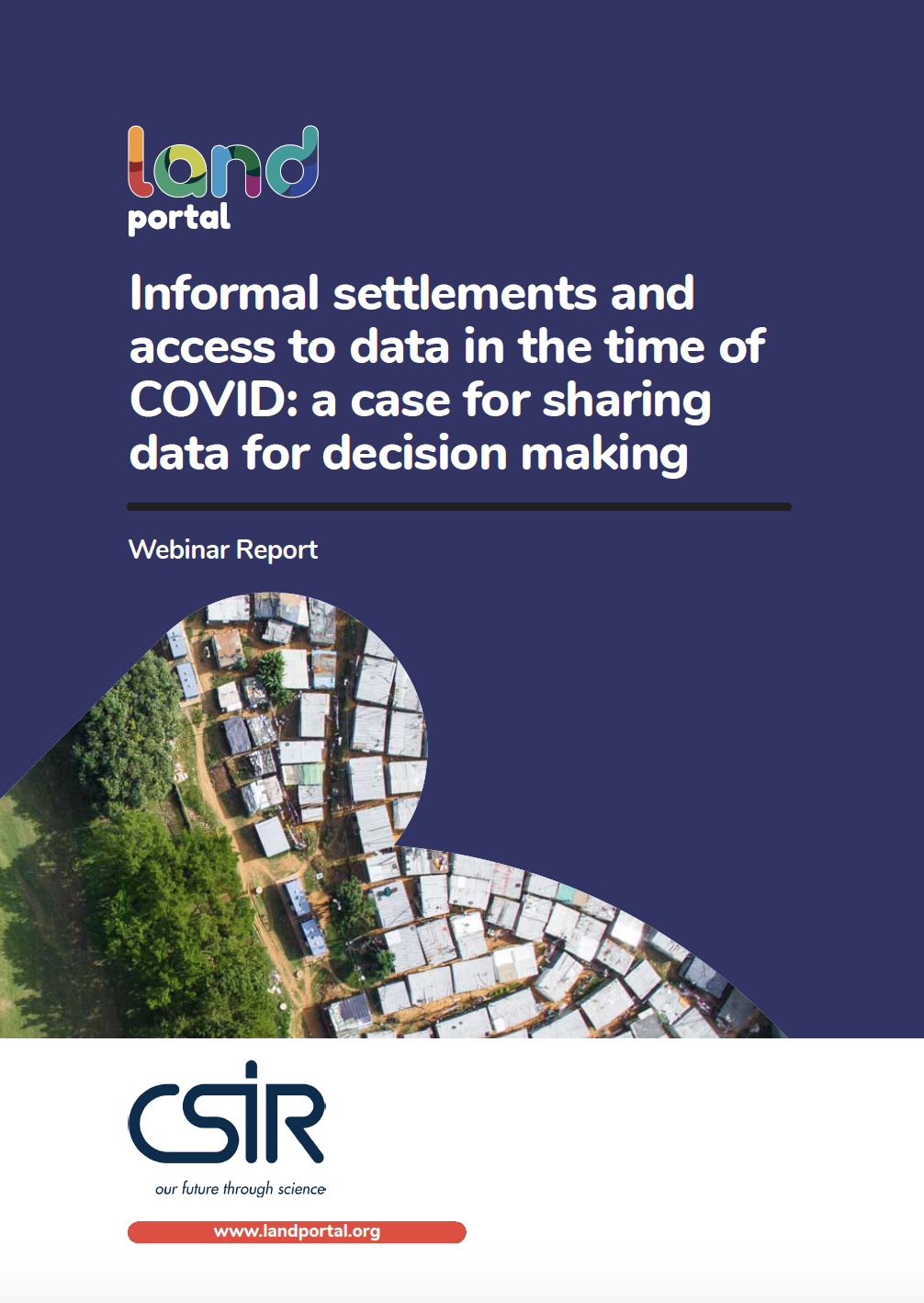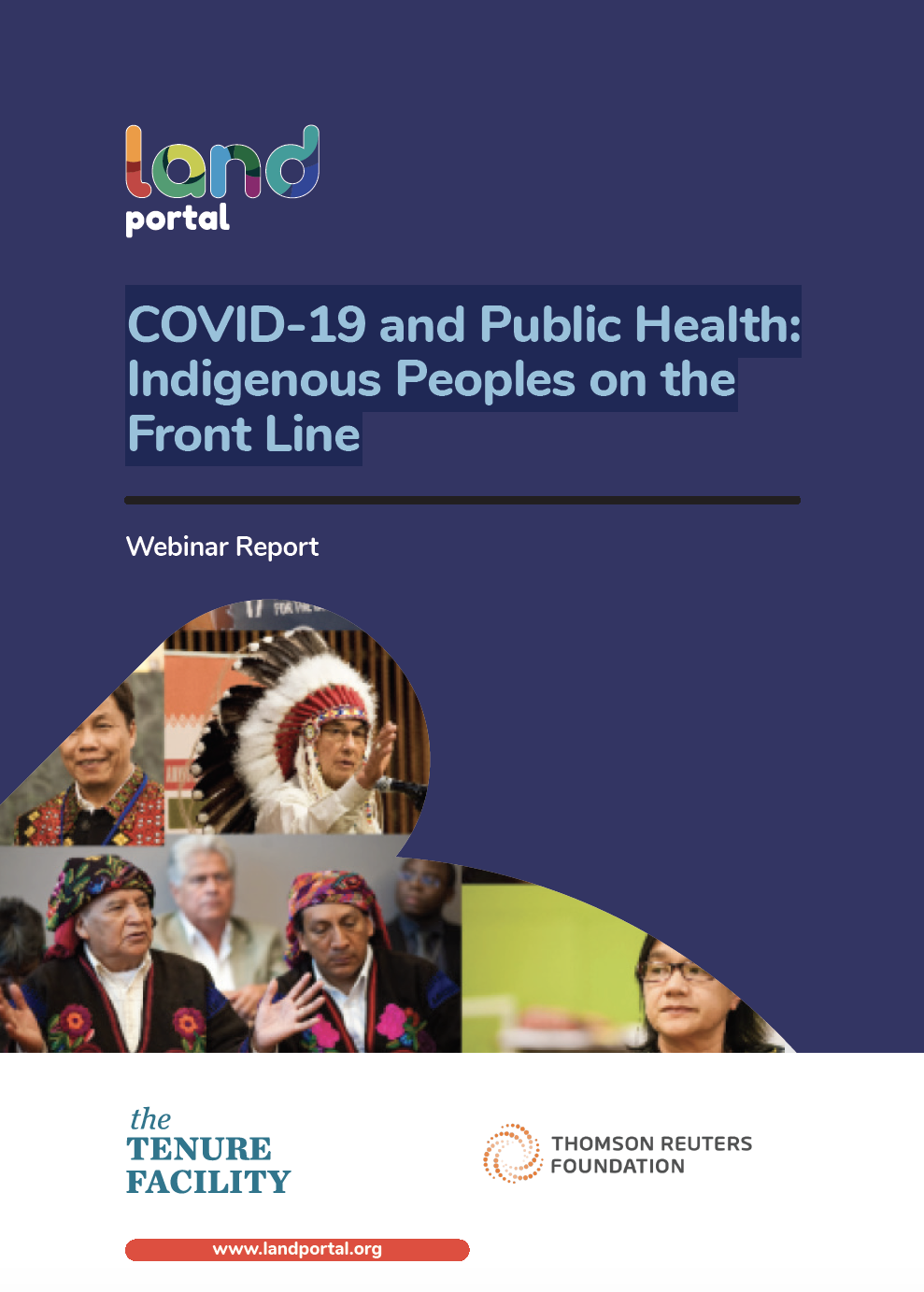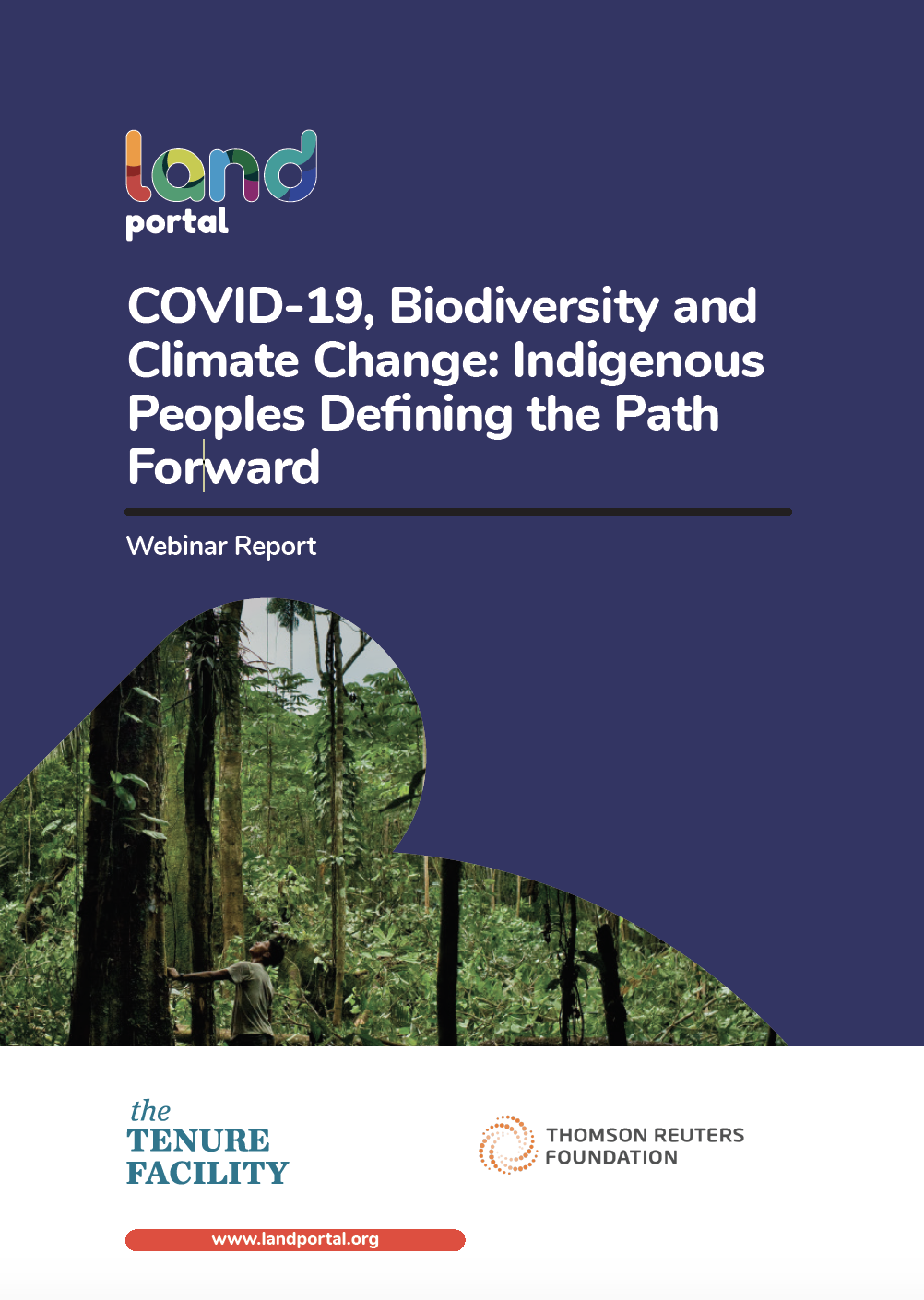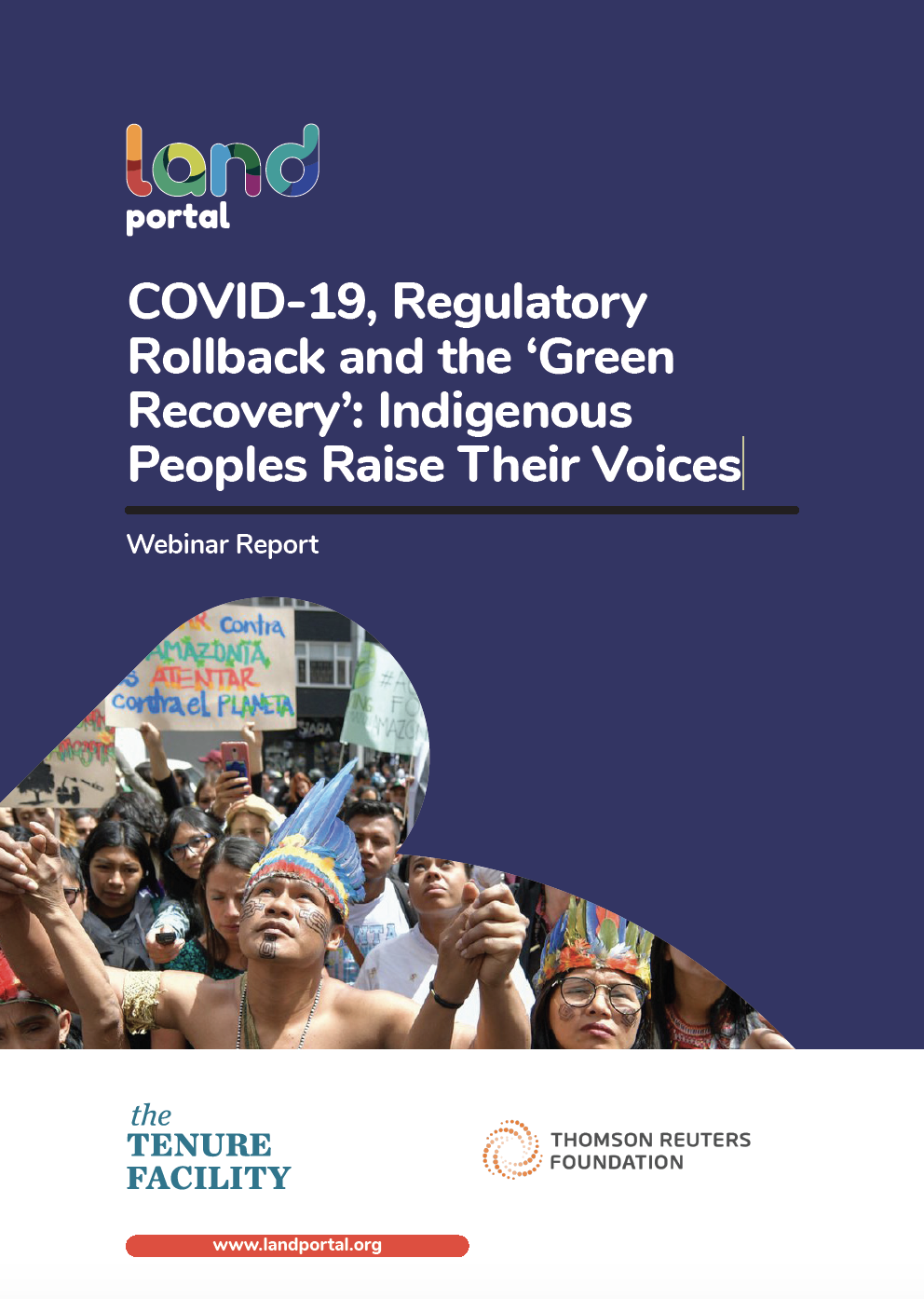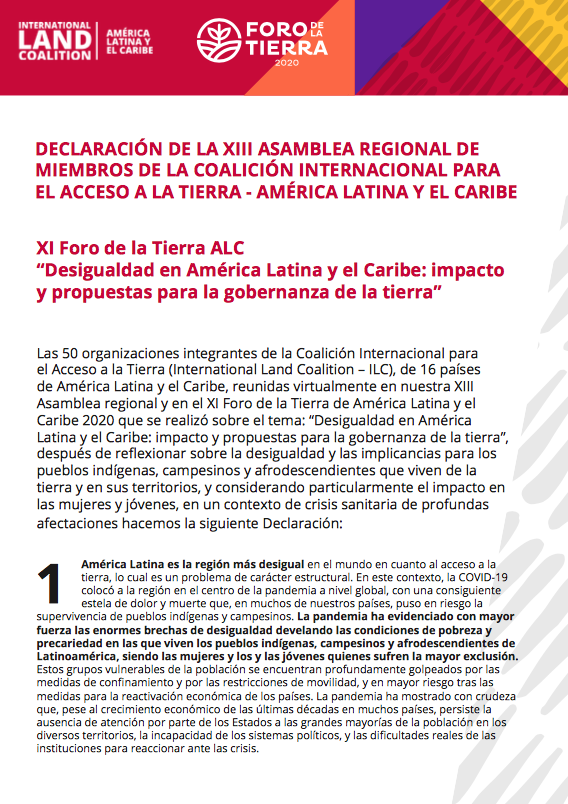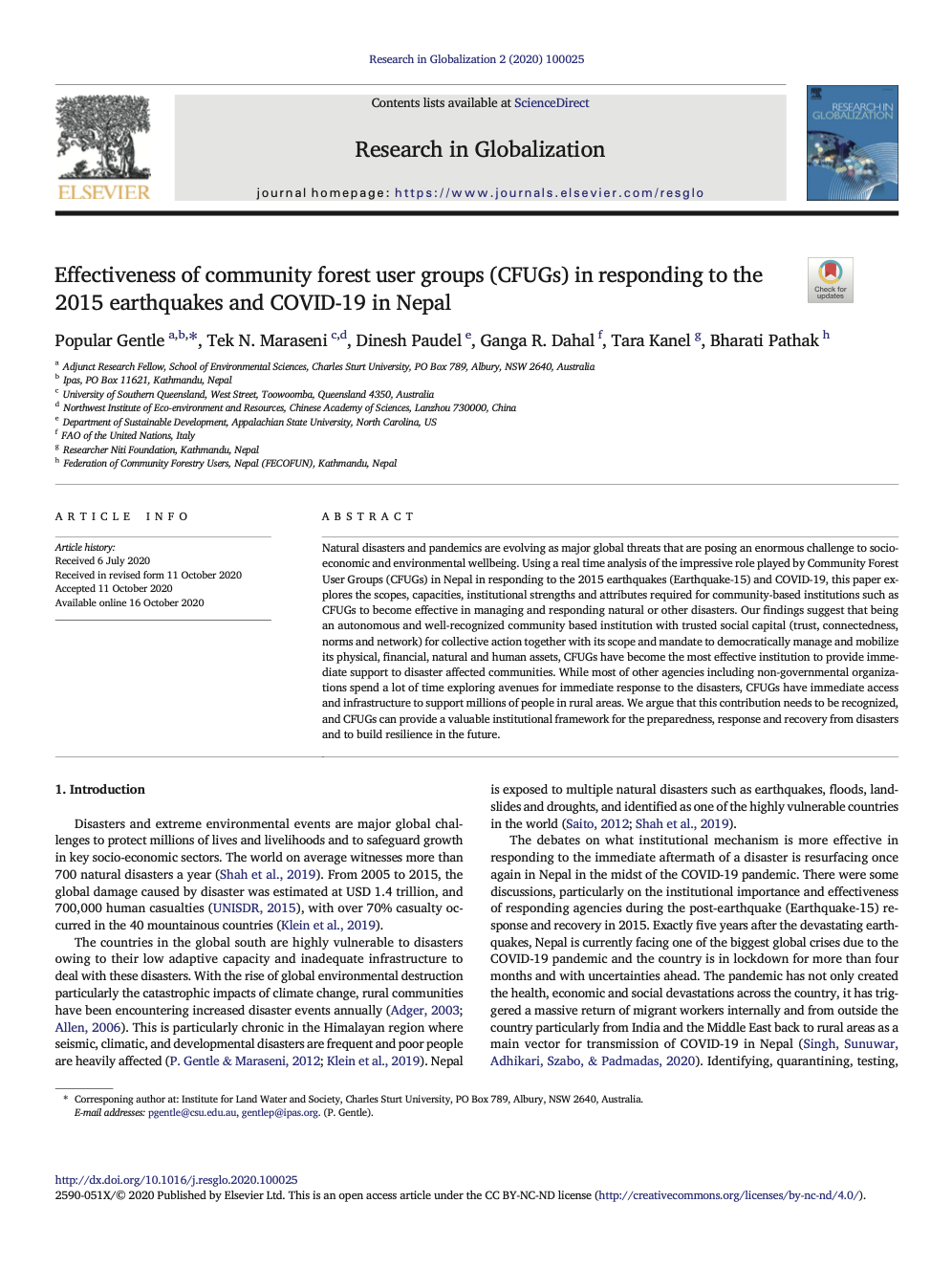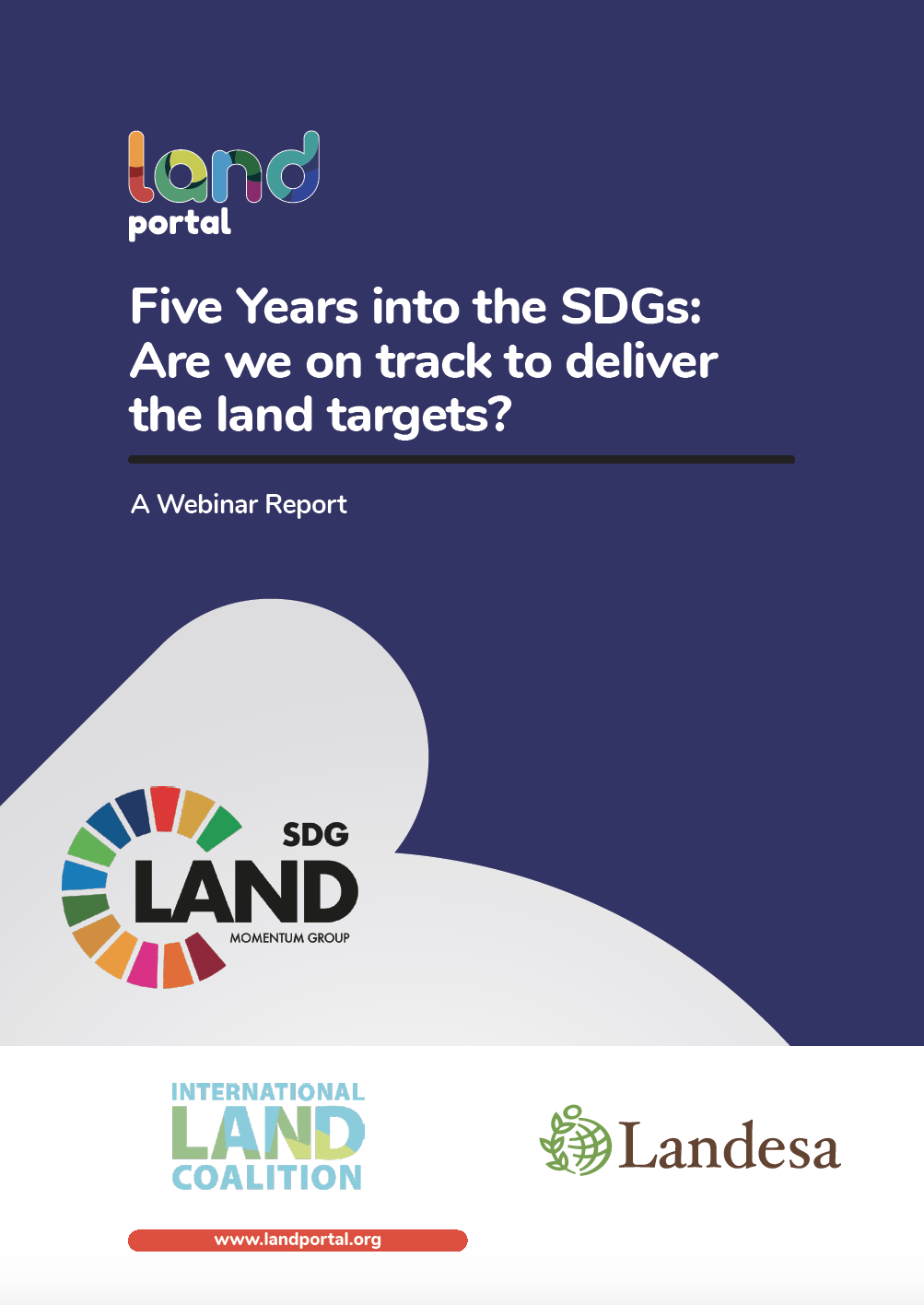Perú: Retrocesos en tiempos de COVID-19
Los impactos económicos del COVID-19 han generado que el Estado peruano agudice aún más en la priorización de las actividades extractivas por sobre la atención y cumplimiento de los derechos de los pueblos indígenas. En ese sentido, el presente informe describe, a través de las medidas establecidas por el Estado, las políticas que se han impulsado en territorios indígenas, bajo el argumento de la reactivación económica, sin contemplar los efectos que éstas pueden tener a mediano o largo plazo sobre la vida, la salud y el cumplimiento de los derechos de los pueblos.

